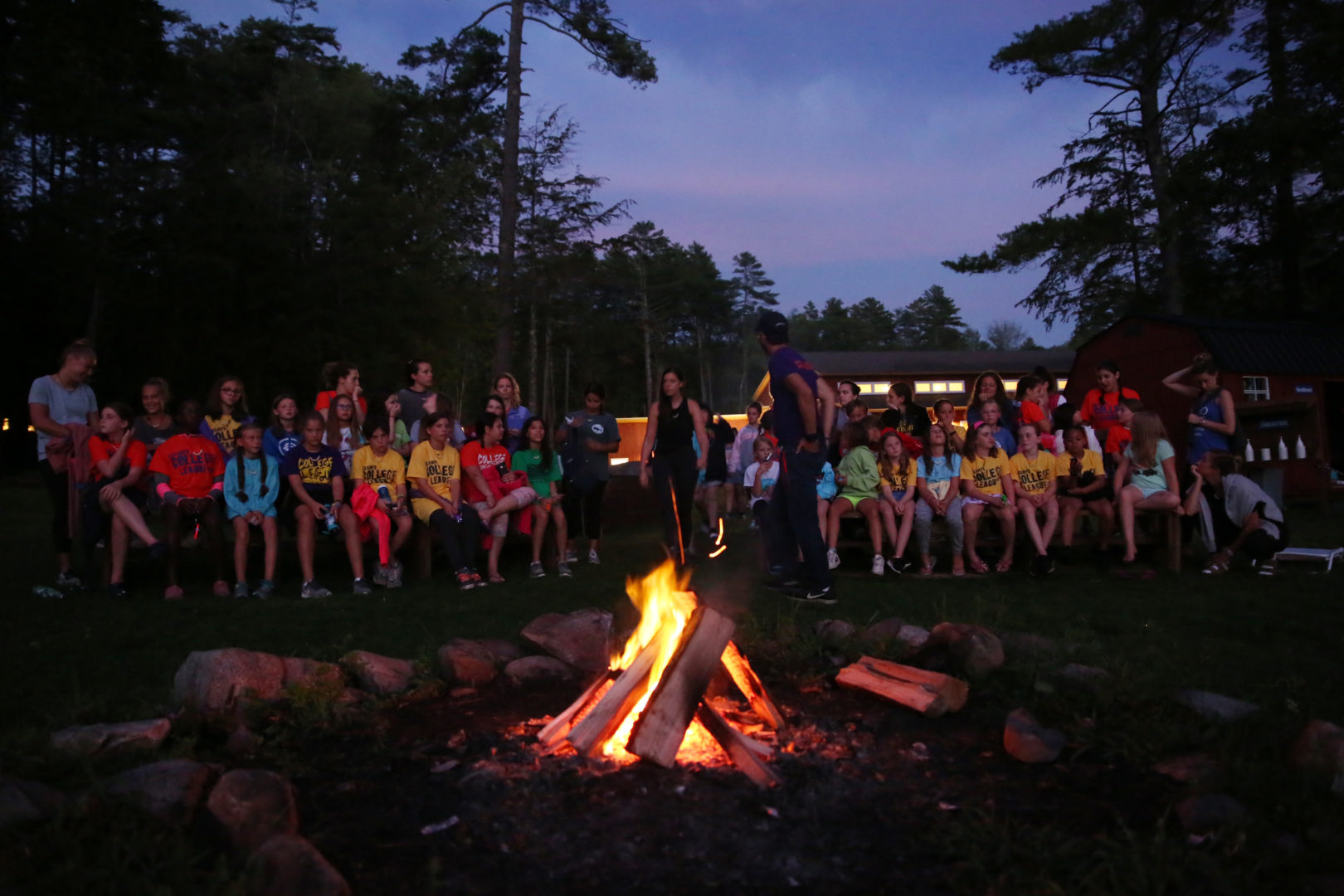Delivering the news to a child that a loved one has died is not easy. When the circumstances of the death are traumatic or unsettling, navigating that conversation becomes all the more difficult. Telling a child the truth is always the best choice to foster trust in the relationship and give them the opportunity to fully process and grieve the person who died. If you are concerned about sharing too much with your child, remember these ABCs:
A: AGE A child’s understanding of death will change as they grow and develop. Any conversation about death should take into consideration their current age and development. Younger children need concrete explanations like “someone hurt him and his body stopped working”. The older the child, the more abstract their understanding of death will be.
B: BASICS Telling the truth doesn’t always mean a lengthy explanation. It’s okay to use words that might seem scary and straightforward like died, suicide, or drug overdose. And it’s okay to avoid laying out every detail. If your child has additional questions answer them as simply and honestly as possible.
C: COME BACK Every kid processes loss differently. Be prepared for a variety of responses, but they may not react strongly in the initial conversation. Give them time and space to process. Make sure they know it’s okay to come back later if they have questions and keep the lines of communication open. Keep in mind that children will understand things differently as they age and will need to reprocess at every developmental stage. Even after years have gone by, keep asking about questions, and check for understanding.
